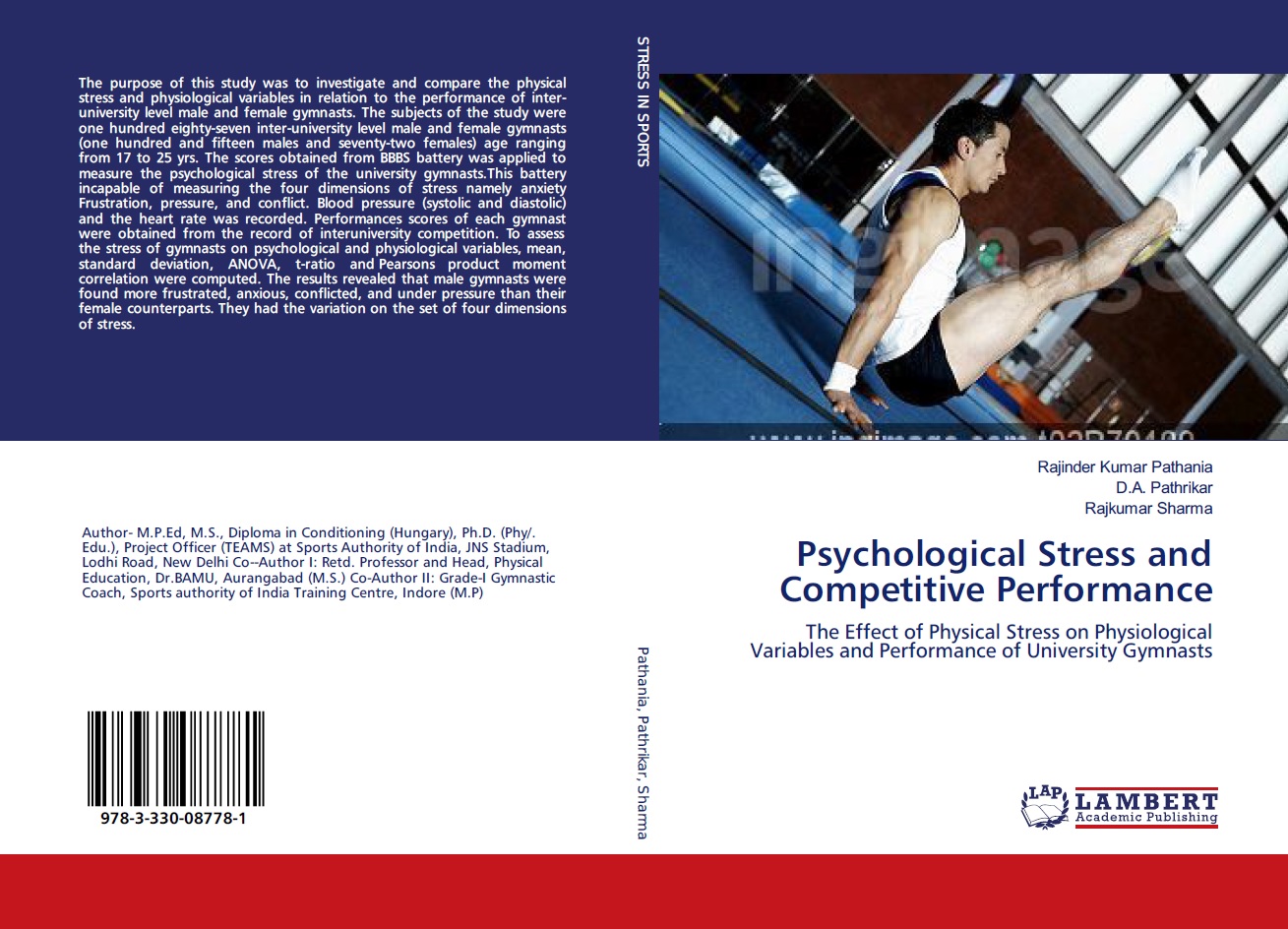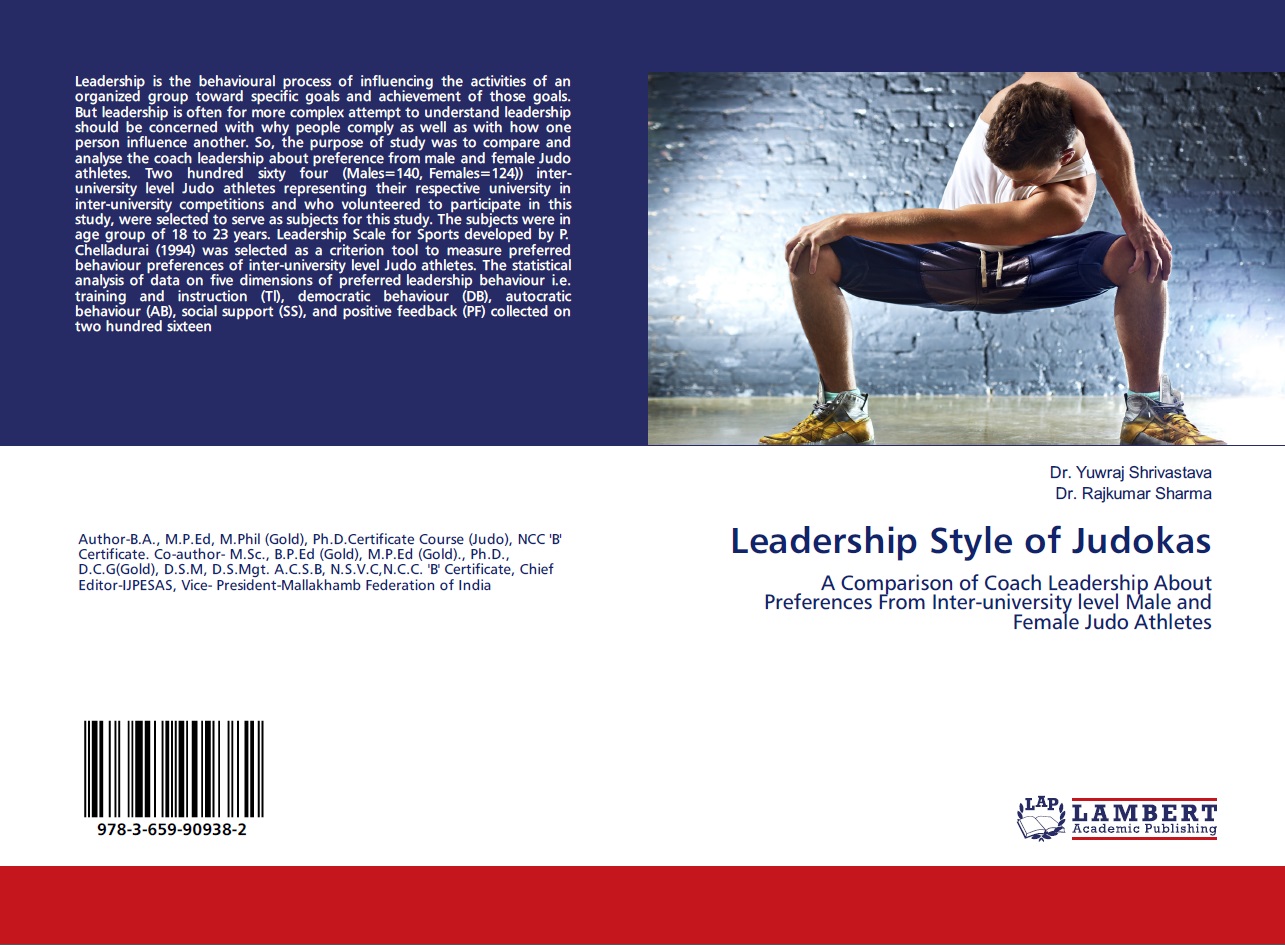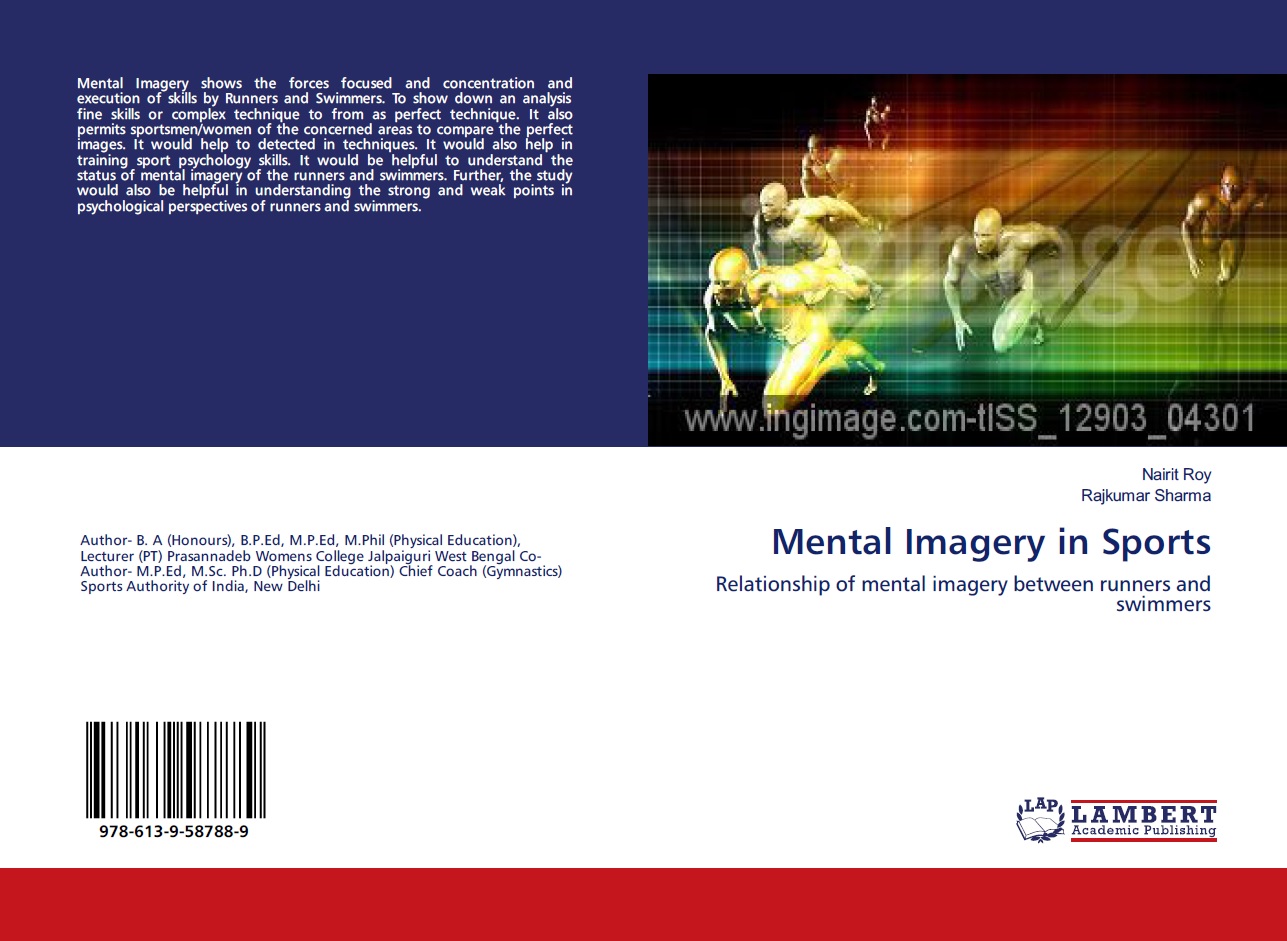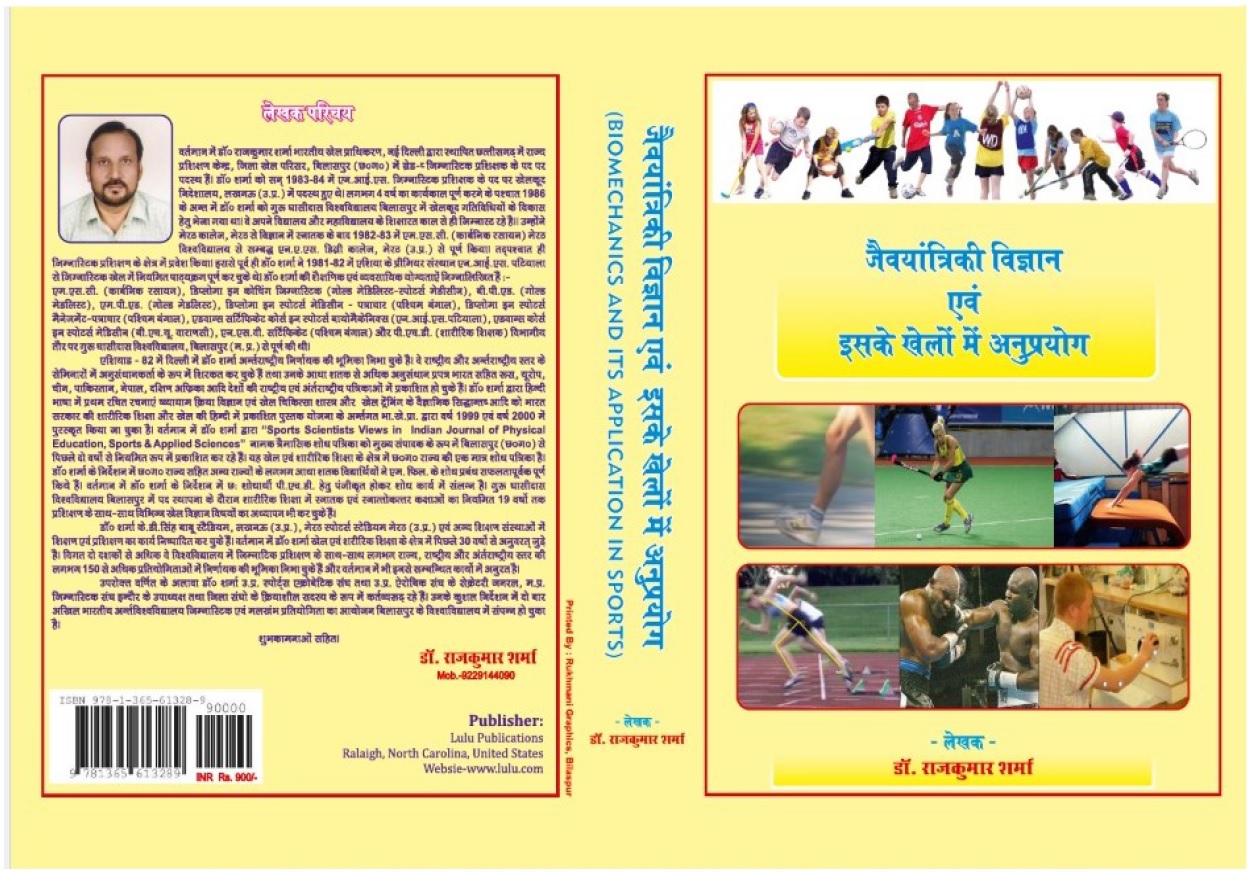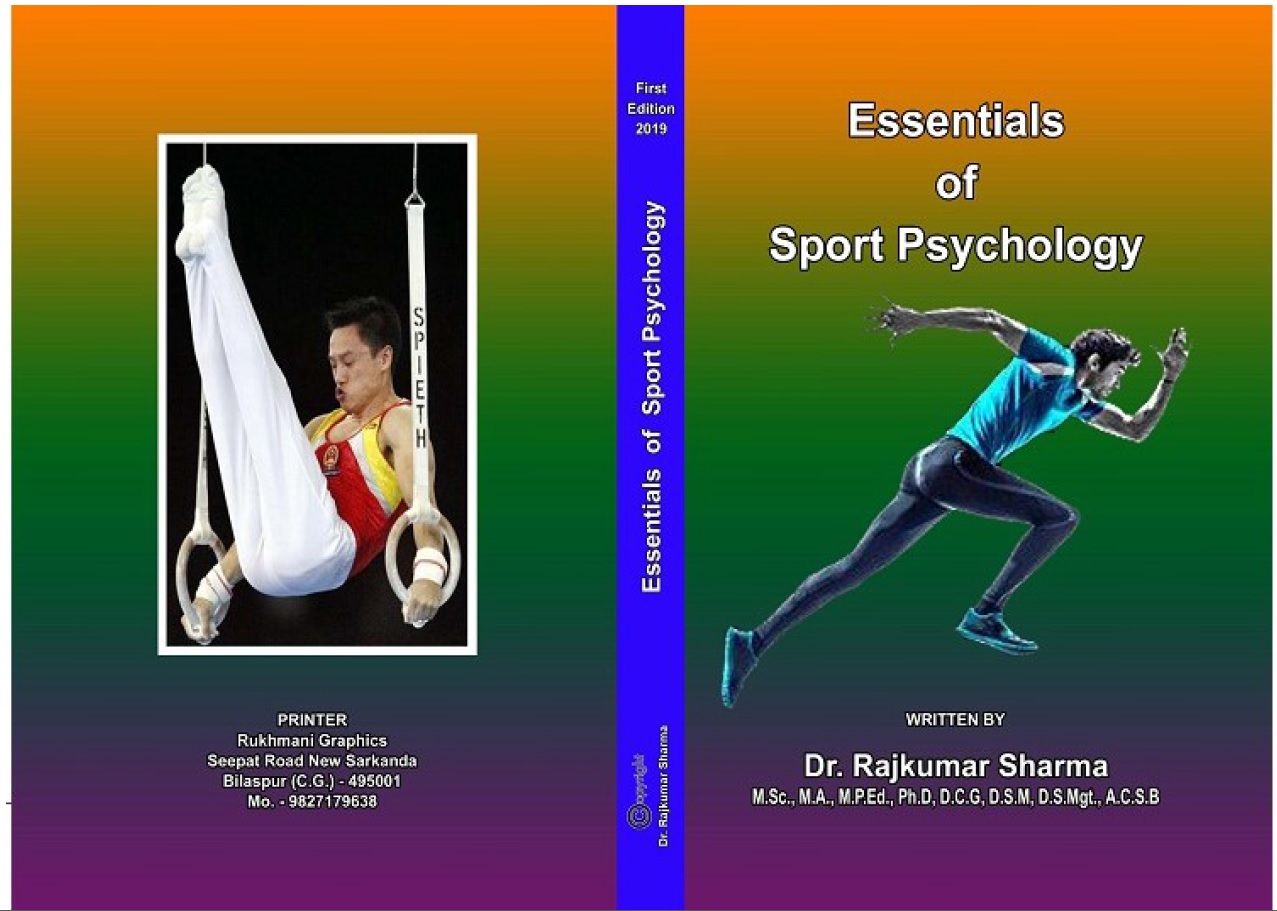| S.No. | Total View Count | Title of Manuscript | Page No | Download/ PDF |
|---|---|---|---|---|
| 1 | IMPACT OF MENTAL RELAXATION TRAINING ON SELECTED NEURO-PSYCHO-PHYSIOLOGICAL VARIABLES OF BOXERS Author: Ghoderao Mahadeo1 & Prof. (Mrs) Vasanthi Kadhiravan2 | 117-128 |  8 8 |
Article info
https://doi.org/10.17605/OSF.IO/YTSEP
doi no.: 05-2016-44975451, DOI Link :: https://doi-ds.org/doilink/06.2021-47141764/IJPESAS/V11/I2/A19
AFFILIATIONS:
-
Assistant Boxing Coach in K D’s Boxing Academy, Mumbai (M.S.)
-
Professor. Department of Physical Education, University of Mumbai (M.S.)
The study was conducted to find out the Impact of Mental Relaxation Training on selected neuro-psycho-physiological variables of boxers. For this study 60 male boxers’, aged of 16 to 22 years were selected randomly as subjects from KD’s Boxing Academy of Mumbai. The selected 60 boxers were divided into two equal groups viz: experimental group and control group consisting of thirty subjects in each group. The experimental group was given Mental Relaxation Training for 32 weeks, three days in a week for a duration of one hour in the evening. The control group was treated as sedentary. The data were collected by conducting the pre and post-test of both the groups on the selected neuro-psycho-physiological variables i.e. Hand reaction time, Foot reaction time, Static balance, Stress, Anxiety, concentration, Pulse rate and Blood pressure of the Boxers. The collected data were analysed by using the 'ANCOVA' test for significance difference. While concluding, it may be stated that mental relaxation training exercises significantly showed reduction in the Hand reaction time, Foot reaction time, Anxiety, Stress, and improvement in Concentration, Static balance as well as significantly helped to maintain Pulse rate and Blood pressure of the Boxers.
Key Words:- Mental Relaxation training, reaction time, balance, stress, anxiety, concentration, Pulse Rate, BP.
References
Durand-Bush, N. and Salmela, J.H. (2002). The development and maintenance of expert athletic performance: Perceptions of World and Olympic Champions. Journal of Applied Sport Psychology, 14, 154-171.
Humara, M. (2001). The relationship between anxiety and performance: A Cognitive-behavioral perspective. Athletic Insight 1(2): The Online Journal of Sport Psychology.
Hanin, Y. L. (2000). Emotions in sport. Champaign, IL: Human Kinetics 93.
Jarvis, M. (2002). Sport Psychology. New York: Routledge.
Martens, R., Vealey, R.S., & Burton, D. (1990). Competitive Anxiety in Sport. Champaign, Illinois: Human Kinetics.
Murphy, S. M. 1988. The on-site provision of sport psychology services at the 1987 U. S Olympic Festival. The Sport Psychologist, 2, 105-130.
Orlick, T., & Partington, J. (1988). Mental links to excellence. The Sport Psychologist, 2, 105-130.
Pragman, D. (1998). Understanding sport psychology. New Jersey: Prentice-Hall.
Vincent, P & Yahaya, M. (2012). Anxiety and Imagery of Green Space among Athletes. British Journal of Arts and Social Sciences, 4(1), 67-72.
Williams, A.M. and Elliott, D. (1999). Anxiety, expertise, and visual search strategy in karate. Journal of Sport and Exercise Psychology, 21, 362-375.
Weinberg, R.S. & Gould, D. (2011). Foundations of Sport and Exercise Psychology. Human Kinetics Publishers.
 admin@sportscientistsviews.com
admin@sportscientistsviews.com

